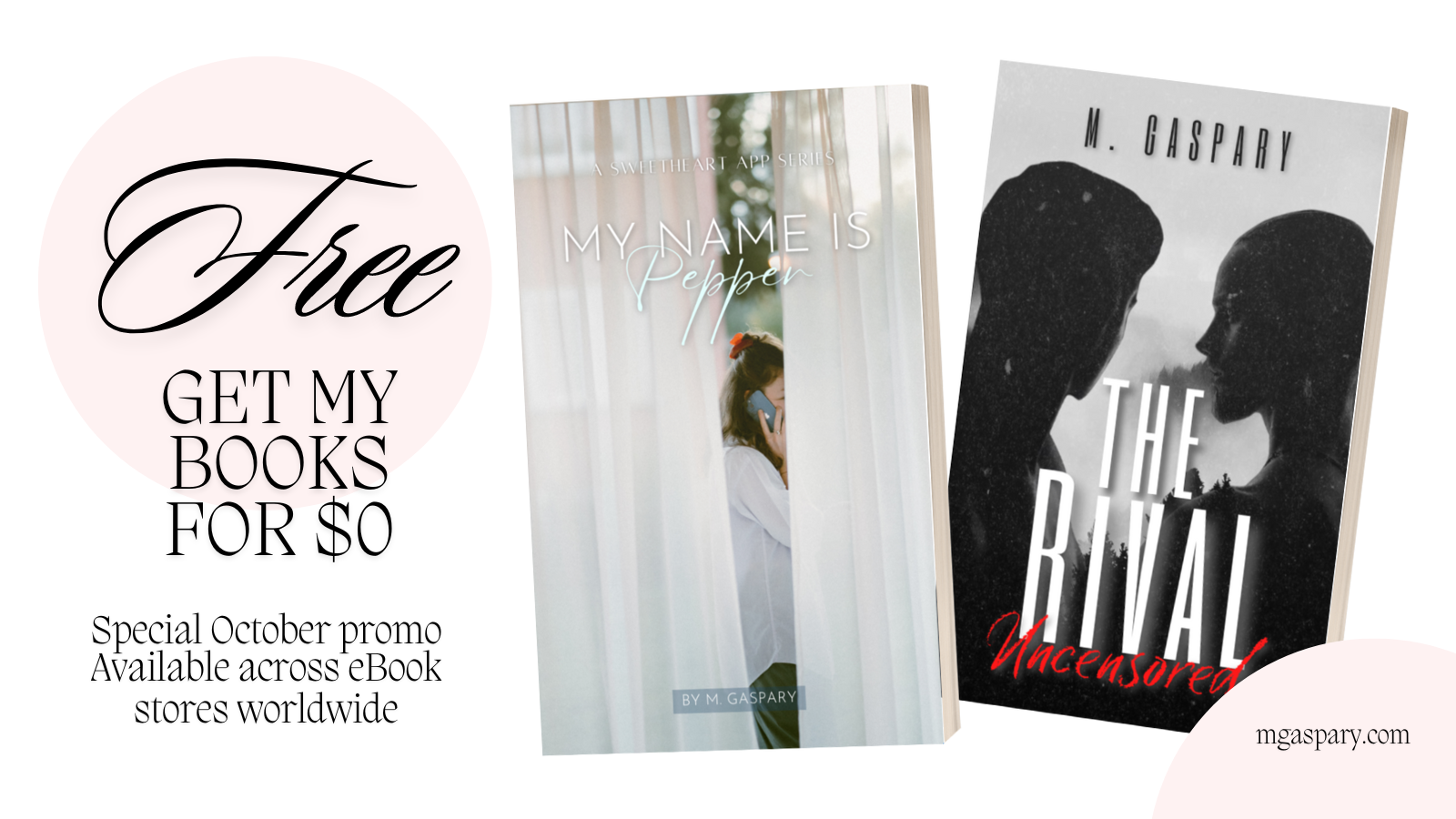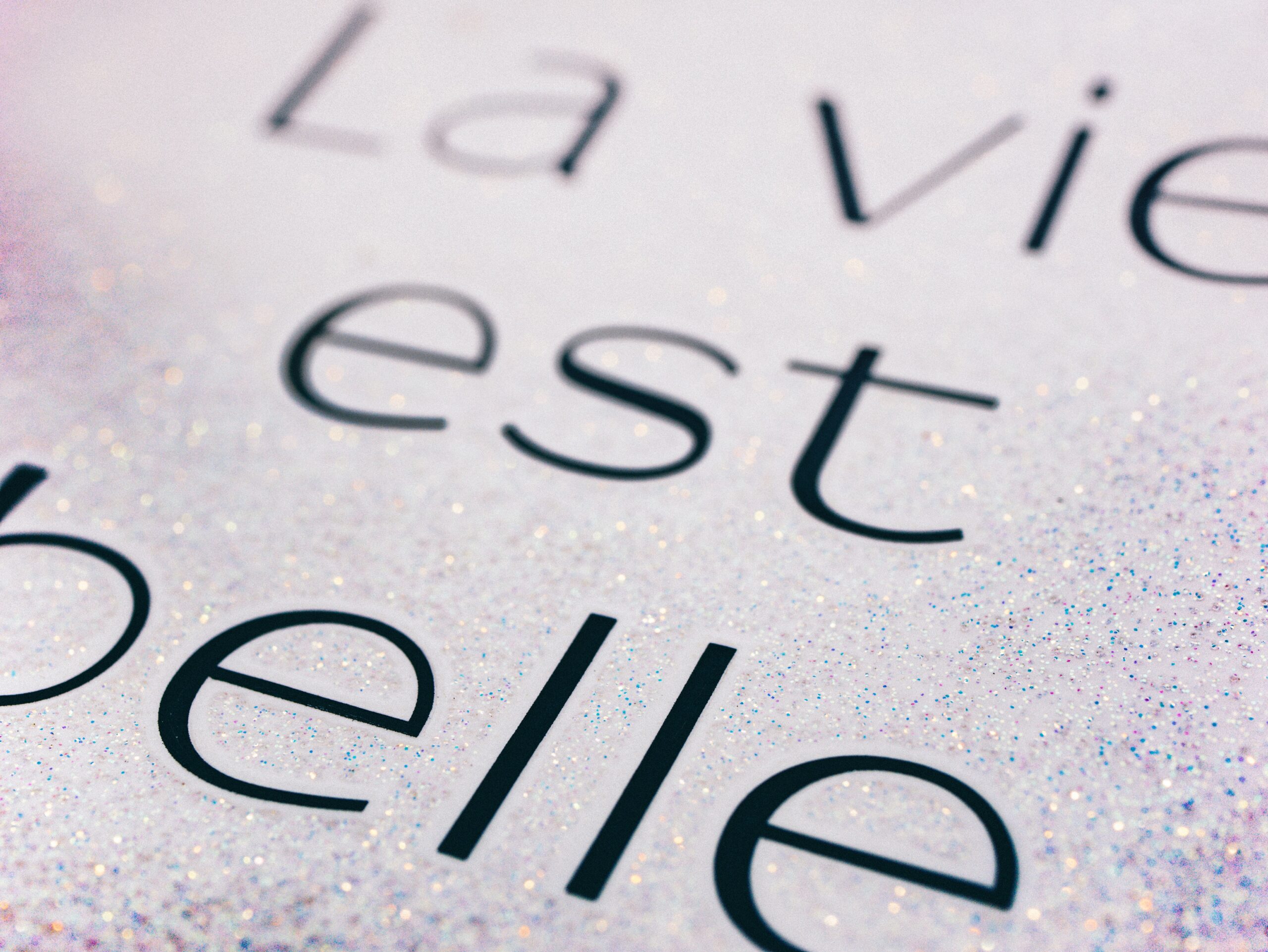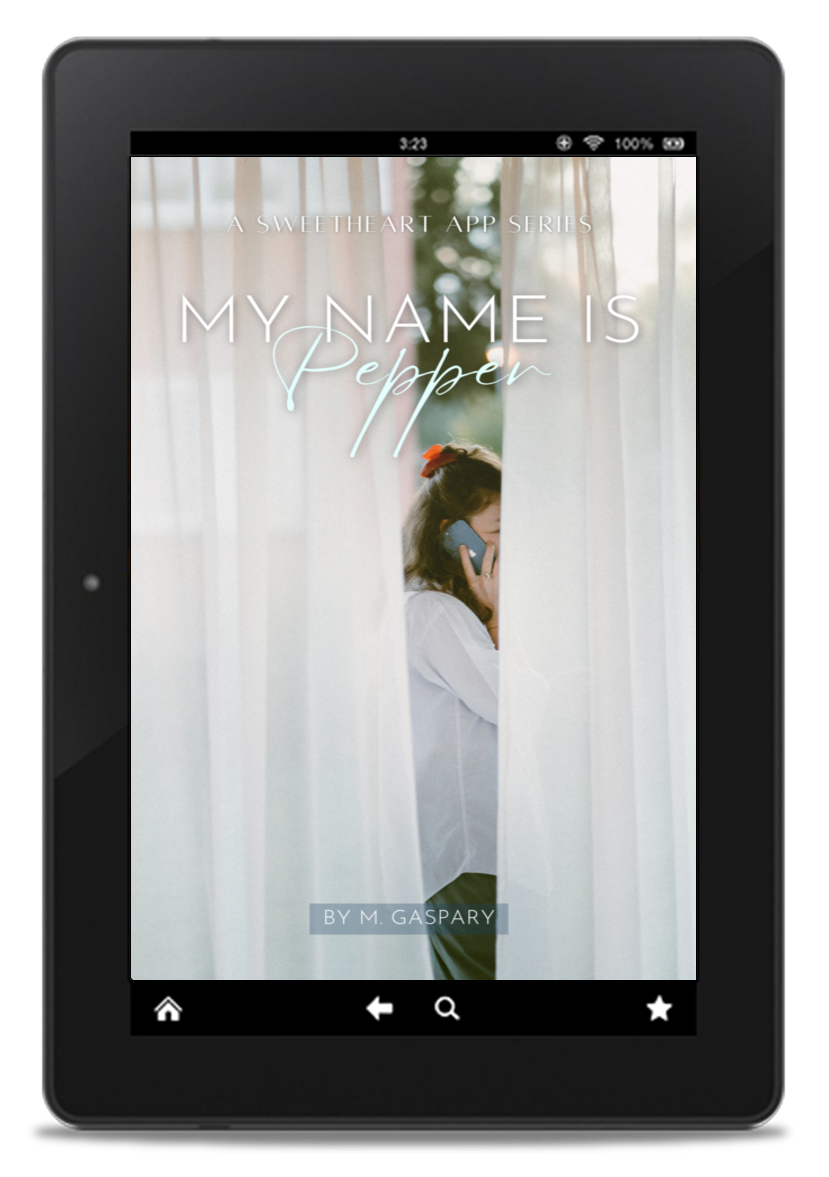I find it funny to think that I have tried everything that I can to try to avoid situations where I will be putting myself in a terrible and uncomfortable zone.
Imagine if you were in my shoes. How much mental, physical, or even spiritual preparation do I need to finish only the first step—like what? The first draft of the manuscript?
As you may know, the first draft is only the first step and will always be a piece of shit, almost useless. Does writing a book feel rewarding to you? Sure not. I know you would say no faster than you blink your eye.
Table of Contents
- What Are The 6 Surprising Benefits of Writing A Book As A Non-Native English Speaker?
- Benefit 1: Writing a book establishes a stronger bond between the writer and the book.
- Benefit 2: Writing a book teaches self-forgiveness.
- Benefit 3: Writing a book teaches patience.
- Benefit 4: Writing a book teaches the writer to be self-assertive.
- Benefit 5: Writing a book serves as a stepping stone to increasing authority and value as a writer.
- Benefit 6: Writing a book is surprisingly the best avenue to overcome life’s challenges.
- My Final Thoughts on the Benefits of Writing a Book
What Are The 6 Surprising Benefits of Writing A Book As A Non-Native English Speaker?
Take a look at the six surprising benefits you will get afterward as a writer that no money or gold can buy, especially as a non-native speaker, like the following points I summarized below:
- Benefit 1: Writing a book establishes a stronger bond between the writer and the book.
- Benefit 2: Writing a book teaches self-forgiveness.
- Benefit 3: Writing a book teaches patience.
- Benefit 4: Writing a book teaches the writer to become more self-assertive.
- Benefit 5: Writing a book serves as a stepping stone to increasing authority and value as a writer.
- Benefit 6: Writing a book is surprisingly the best avenue to overcome life’s challenges.

Benefit 1: Writing a book establishes a stronger bond between the writer and the book.
Not only does it demand more time to come up with crap out of me, but writing a book alone also entails a lot for you to get through each day, mostly confused and scared. Let alone the time, the right time, when I finally allow my suppressed inner critic to speak up and be vocal about the shit I finished.
When it happens, all I could do is forgive myself for any shortcomings or possible uncontrolled emotional outbursts in between—however pleasant or terrible they would be.

Benefit 2: Writing a book teaches self-forgiveness.
Self-forgiveness is one of the biggest lessons I need to learn as an adult. The fact is, it has been the theme I have been following, and believing that one day I can successfully turn it into a healthy mental habit. To further improve my writing skills, I know it requires open-mindedness. I will never know who I could become in the next months after I completed my work.
Perhaps, learning self-control could become easier and more unconsciously learned. When I start editing the draft, I will need that to remain objective, as I evaluate the quality of the end result I want to see in fruition.

Benefit 3: Writing a book teaches patience.
The key to writing a great book is the nonstop editing and proofreading processes involved prior to its publication. In my case, I already have them scheduled for the next few months. Here’s one thing you should take note of.
Since I established no high expectations about how it would turn out before I started typing a word on Google Docs, it clears my mind because I have nothing to worry about. I have no reasons to overthink the end result because what matters most is the process.
Regardless of the maximum number of words, I could write in a single day, maybe around 500 words or less, maybe a few thousand, my writing skills don’t have to be standardized as long as it shows progress.
I have to respect the nature of my writing approach as an INFJ, which, according to a fellow INFJ writer named Lauren Sapala (2016), author of The INFJ Writer: Cracking the Creative Genius of the World’s Rarest Type, writes:
The INFJ writer who is patient and persistent in the pursuit of emotional growth will find that it gets a bit easier as time goes on. As they learn to handle their own emotions, discern what’s really theirs and what’s coming from someone else, they will also get more adept at expressing those emotions. And more comfortable about being vulnerable with them in their writing.
(Sapala, 62)

Benefit 4: Writing a book teaches the writer to be self-assertive.
As a non-native English speaker, the constant battle against the uncertainties of our professional life contributes a lot to the sporadic anxiety attacks I deal with most of the time.
Among those instances, the one that stood out was my recent interaction with a native speaker a couple of months ago. He left a comment on one of my posts and raised his concern about the continuous increase of non-native English speakers in the content writing industry, saying:
I have a serious question to ask, and I do not mean any disrespect to non-native English speakers, but I would never hire a non-native English speaker to write for me… Why are so many non-native English speakers working as writers in the English language? I’ve seen their work and it simply doesn’t meet the standards that I personally would want for my website or anyone else’s. (2021)
From his perspective, it is quite alarming to see the rising number of non-native English speakers, who, presumably, cannot and will never have the skill set required to deliver high-quality work as native speakers can.
Without a doubt, his comment may seem discriminatory, and, thankfully, it didn’t take long before it caught the eyes of many NNS writers, who fearlessly responded to his statement. However, this isn’t the case for most people.

The ongoing discrimination against the NNS writers
Not all writers have the same level of tolerance for events like this as I have. Receiving criticisms as harsh as that one isn’t everyone’s cup of tea. As a result, they get frustrated and eventually quit to find greener pastures. Little did they know the result will be the same. They will remain an outcast and a risk as NNS writers.
In most cases, many prospects and job search platforms aren’t aware of the negative connotations whenever they write “native speakers only” when hiring new content writers. Sadly, NNS writers are the uninvited guests in the content writing industry.
Chelsea Terry, a professional editor, and at the same time, a professional proofreader based in the UK, mentioned during our interview how people unknowingly discriminate against writers from developing countries with baseless assumptions.
…Those issues don’t make them less of a writer than the native speakers I have worked with, who have also missed out on words in their sentences and got the syntax muddled.
Consequently, I wouldn’t say that the native writers I have worked with are more capable than the non-native speakers, because all of the documents and manuscripts I have edited have needed editing. From my perspective, it has nothing to do with their nationality.
So, it bewilders me even further that some companies only hire native speakers, because non-native speakers are just as amazing at writing and are great storytellers. Plus, in my experience as an editor, some of the non-native writers have written better English than the native speakers.
(Terry, 2021)
As a content writer, you may think you are ready to give your all in everything, spending more time practicing writing to the best of your abilities. You may think your eagerness to try various niches and master as many content types as you possibly can help you stand out. Unfortunately, no.
As a non-native speaker in the content writing industry, your hard work will never be enough to earn respect and alter people’s perspectives towards you as a competent writer they need and look for. So, what should you do to change that?

Benefit 5: Writing a book serves as a stepping stone to increasing authority and value as a writer.
Writing this book about content writing for non-native speakers will not only serve as a stepping stone for me to author more of my unpublished works in the future.
As an independent publisher, telling my stories will always be part of my writing journey. Hopefully, they could bring transformation and inspire you to engage in a self-healing process.
Without writing, why would I waste my time trying to write a word if, anyway, it will never be something I would like to see on the bookshelf. Let alone an entire 50,000-word book. Does that make sense to you?

Benefit 6: Writing a book is surprisingly the best avenue to overcome life’s challenges.
While it’s been fifteen years since I realized my dream, of course, it will not be a walk in the park. For quite some time, I have defined my life as a living hell because of depression, living like a zombie. You’re alive, yet, you’re dead inside.
Nowadays, I want to change my life. Aside from getting tired of living like that, success will not come to me unless I work harder to develop a millionaire’s mindset. Whether the book goes well or not, I want to feel content and, as I said earlier, learn self-forgiveness.
My Final Thoughts on the Benefits of Writing a Book
There’s no way around it but to embrace these lessons to keep going. I must learn to accept with an open heart that I am only human, and I have limitations. Thus, it is not sensible to strive for absolute perfection in everything I do.
With that said, I know that many of today’s world-renowned, bestselling authors would suggest the same writing principle. So, it would be foolish of me to set exceptionally high standards, especially after writing the first draft.
Besides, writing a book about content writing is for all struggling NNS writers who need awareness of the situation and guidance to thrive without feeling judged or the need to please others for fear of being outcasted. After all, as Terry puts it, our literature would become boring if we exclude diversity from it. Wouldn’t it?
Photo by Daniela Paola Alchapar on Unsplash




Leave a Reply